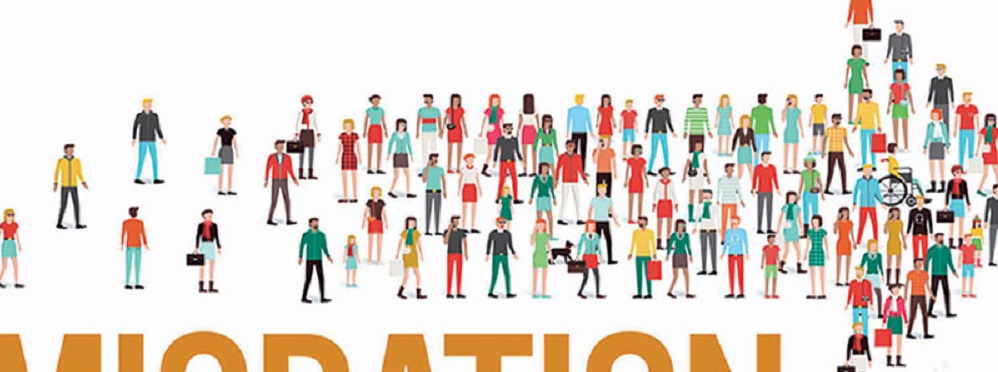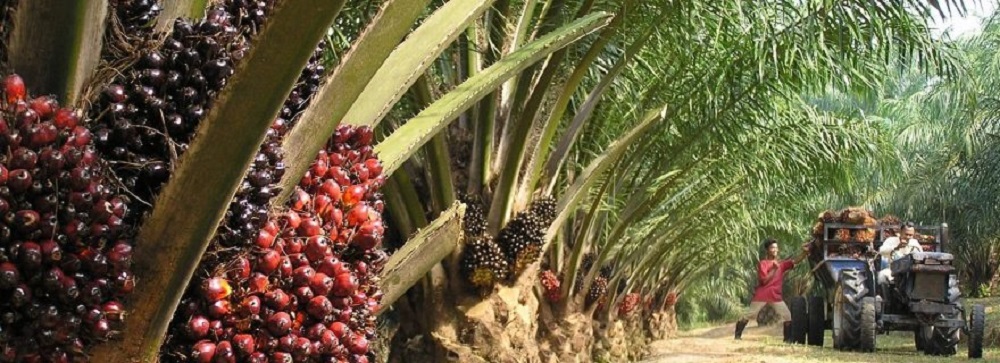Indigenous Migrants
The United Nations says there are about 370 million ethnic indigenous peoples in the world, accounting for less than 5 percent of the global population but 15 percent of the world’s poor. They speak an overwhelming majority of the world’s estimated 7,000 languages and represent 5,000 cultures.
Bangladesh’s government recognizes 25 ethnic minorities. Indigenous leaders say there are at least 45 ethnic groups, while independent researchers believe there are about 90.
There are an estimated three million ethnic-minority people in Muslim-majority Bangladesh’s population of 160 million. Most indigenous peoples are non-Muslims — Buddhists, Hindus and Christians. About of half of the country’s estimated 600,000 Christians hail from ethnic-minority communities.
Despite appeal from indigenous communities for official recognition as “indigenous groups,” Bangladesh government identified them as “small ethnic groups” in a constitutional amendment in 2010.
Bangladesh is a signatory of the International Labor Organization’s Convention on Indigenous and Tribal Populations but has not ratified the Convention of Biological Diversity that contains more detailed protective measures for indigenous peoples.
As Bangladesh marked International Day of the World’s Indigenous Peoples on Aug. 9, rights activists and church officials said discrimination and persecution are leading to the migration of ethnic minorities. Indigenous groups observed the day with the theme “Indigenous Peoples: Migration and Movement” with seminars, rallies and cultural displays to highlight the plight of their communities.
Research programs
Advocacy
Grass-roots project
Others











